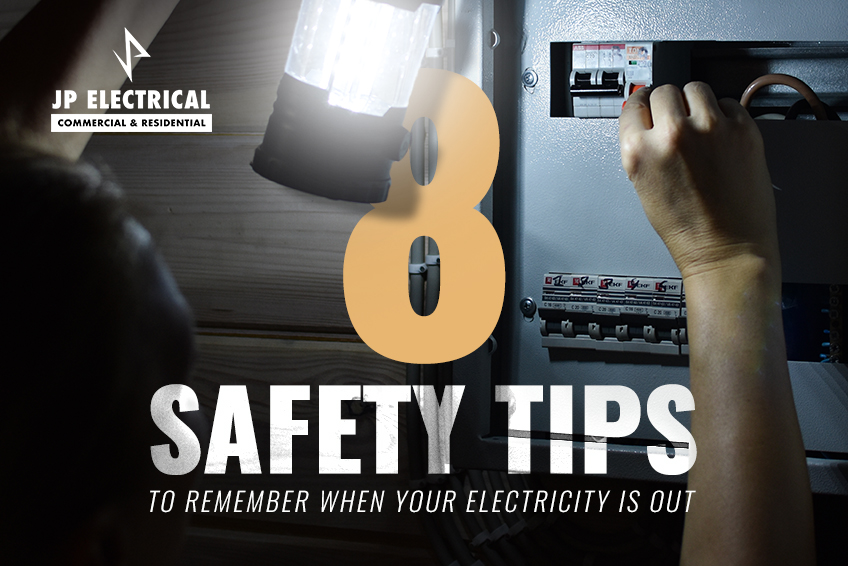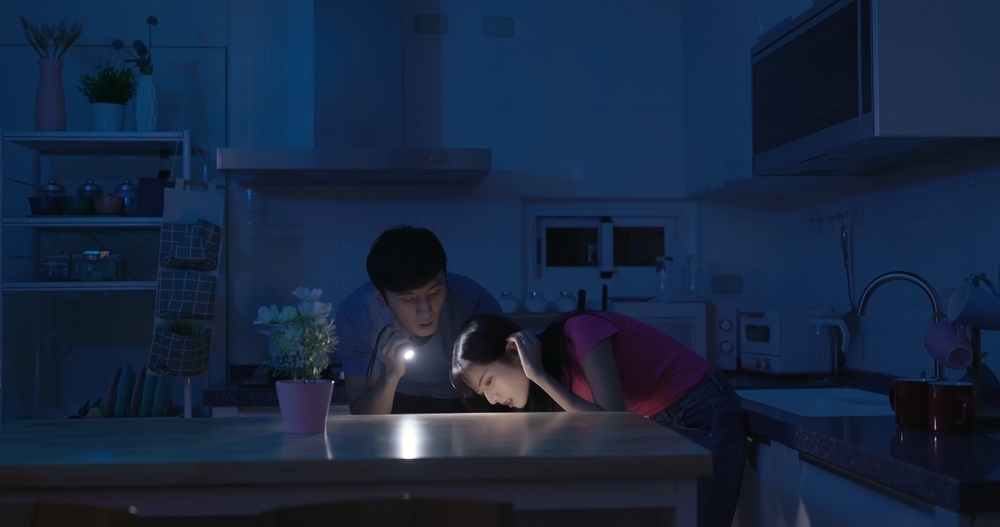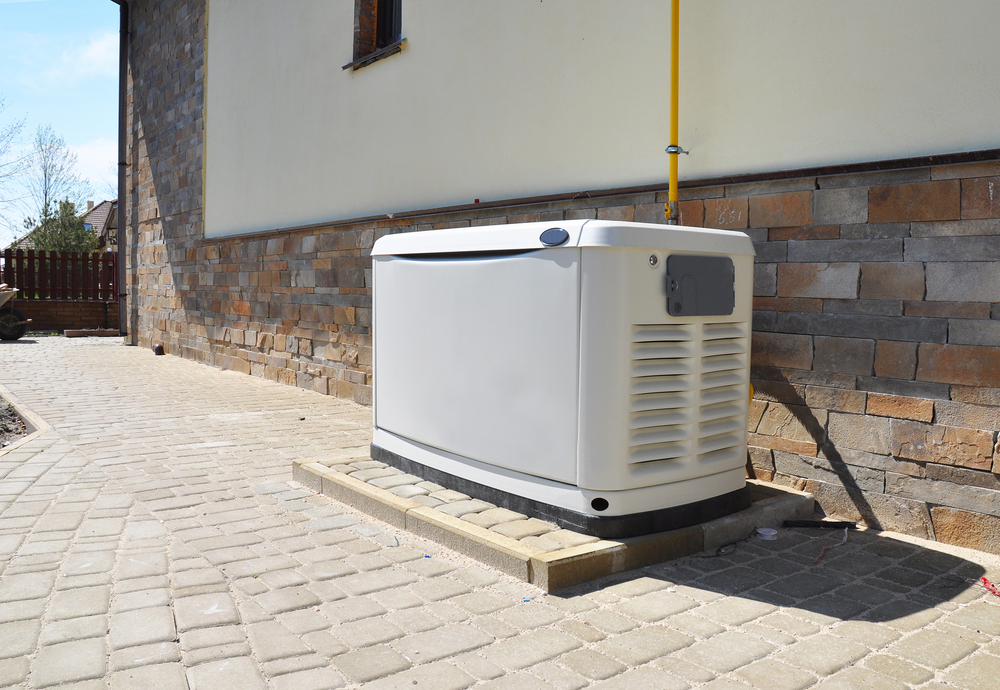8 Safety Tips to Remember When Your Electricity Is Out

Power outages can happen for a variety of reasons, from severe weather to equipment failures. They can leave you in the dark and without the convenience of electrical appliances. While power outages can be frustrating, it’s always best to prioritize safety during these times. Here are eight safety tips to remember when your electricity is out to keep you and your family safe.
1. Report the Incident
Calling your local utility company can do two important things. First, it will apprise the agency that there is an issue if they didn’t already know. Second, you will likely find out the extent of the outage to know how to proceed with a gameplan. Perhaps the outage is not widespread and may be an issue on your own property, in which case you will want to call an electrician as soon as possible. Or perhaps the information you will receive, which will likely be on a recorded message, will prepare you for the time duration for which you can expect to be without power. This is crucial if you need to prepare a generator, food storage accommodations, and comfort considerations.
2. Prepare an Emergency Kit
Having an emergency kit on hand is essential for staying safe during a power outage. This kit should include essential items like non-perishable food, water, a first-aid kit, blankets, a battery-powered or hand-cranked radio, flashlights, spare batteries, and a basic tool kit. You may also want to include personal hygiene items, a can opener, and any necessary prescription medications. Keep your emergency kit in an easily accessible location and periodically check and update its contents to ensure everything is in good working condition.
One of the first things to do when the power goes out is to locate and use flashlights instead of candles. Candles pose a significant fire hazard, especially when you have children or pets in the house. Keep a supply of flashlights and spare batteries in a location that is easily accessible, such as a kitchen drawer or emergency kit. Check the batteries regularly to ensure they are still functional, and replace them as needed. That way you can always be prepared for any type of power outage!
3. Unplug Your Electrical Appliances
When the power goes out, it’s a good practice to unplug all electrical appliances. This helps protect your appliances from power surges when the electricity is restored, which can damage sensitive electronics like computers and televisions. It also reduces the risk of fire caused by faulty or damaged cords and outlets. Leave only one light or appliance, plugged in to indicate when the power is back on.
4. Use Generators Safely
A backup generator can be a valuable resource during a power outage. However, it’s crucial to use generators safely to avoid carbon monoxide poisoning. Never run a generator indoors, in a garage, or in a confined space. Ensure your generator is properly grounded, and connect appliances directly to it with appropriate extension cords. If you’re not familiar with generator safety and currently have a home in Salt Lake City, Utah, consult JP Electrical.
5. Check for Gas Leaks
During a power outage, gas lines and appliances may be affected. If you smell gas or suspect a gas leak, it’s essential to take immediate action. Do not use electrical switches, lights, or appliances, as they can create a spark and ignite the gas. Instead, leave your home and call your gas company or emergency services from a safe location. It’s a good idea to familiarize yourself with the location of the gas shutoff valve in your home, so you can quickly turn off the gas supply if necessary.
6. Stay Informed
In many cases, power outages are caused by external factors, such as severe weather events. To stay informed and prepared, have a battery-powered or hand-cranked weather radio on hand. This will allow you to receive updates on weather conditions and emergency information. Additionally, you can sign up for local emergency alerts and notifications to receive real-time information about power outages and other emergencies in your area.
7. Maintain Food Safety
When the power goes out, the contents of your refrigerator and freezer are at risk of spoiling. To maintain food safety during an outage, keep your refrigerator and freezer doors closed as much as possible. A refrigerator can keep food safe for up to four hours without power, while a full freezer can maintain safe temperatures for about 48 hours, and a half-full freezer for 24 hours. Consider transferring essential items to a cooler with ice packs to prolong their freshness. Discard any perishable food items that have been exposed to temperatures above 40°F for two hours or more.
8. Be Cautious with Alternative Heating Sources
In cold weather, it’s essential to stay warm during a power outage. Many people turn to alternative heating sources, such as space heaters, fireplaces, or wood stoves. While these can provide warmth, they also come with safety risks. Ensure that space heaters are placed at least three feet away from flammable materials and turned off when you’re not in the room. If you’re using a fireplace or wood stove, ensure the flue is open and that the area is well-ventilated. Follow all safety guidelines for the specific heating source you’re using to avoid fires and carbon monoxide exposure.
Contact Your Local Utah Electrician
In times of power outages, knowing how to stay safe is important. However, it’s also essential to have a reliable partner to turn to when you need electrical help. JP Electrical, your local Utah electrician, is here for you. Whether you’re dealing with power outages, need electrical repairs, or want to discuss backup power solutions like generators, our professional team is just a phone call away. We are here to keep your lights on and your home safe. Contact JP Electrical today!
Categories: Electrical Hazards • Electrical Maintenance



Leave a Reply